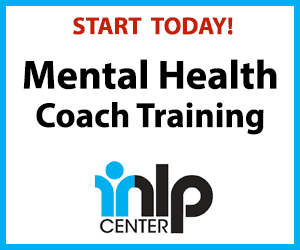Featured Post
Explore the Latest Posts
Search
Topic
Post Type
Audience Type
Author
How Psychology and Supervision Evolve Coaching
As the coaching profession continues to grow and mature, one question is…
How Conscientious Inclusion Can Improve Your Coaching
Coaching continues to evolve as the world becomes more interconnected, multicultural, and…
The Coaching Trap: When Empathy Becomes Exhaustion
Prepare yourself for the fact that this will not be about you…
Your Guide to Preparing for the ACC Exam
Much like a smartphone upgrade that introduces improvements for a smoother user…
The Executive Coaching Blueprint: Positioning, Pricing, and Performance
Transitioning from corporate to coach can feel like uncharted territory for many…
How Coaching Is Driving Inclusion Around the Globe: Lessons from Local ICF Chapters
When a group of mothers in Kazakhstan, many of whom had never…
From Check-the-Box to Culture Shift: Becoming a Sustainable Coaching Culture
There’s a quiet revolution happening inside organizations — and it doesn’t roar. It listens. It…
Cultivating Coaching Cultures That Shape Individual Contributors Into Leaders
In my coaching work with organizations, I continue to see a recurring…
Walking the Talk: Reflective Practice for Coaches
Embodying presence and self-care through ICF Competency 2. This article explores how…
Belonging Beyond Numbers: How ICF Demographic Trends Are Shaping the Future of Coaching
What does it really mean to belong? For the International Coaching Federation…
Why You Feel Stuck and How Coaching Helps
It doesn’t always begin with a dramatic event. Sometimes, it arrives quietly.…
Professional Coaching Relationships That Work: Respect, Boundaries, and the Art of Mutuality
This post comes from Dr. D. Ivan Young, an ICF Business Solutions…
What to Expect and How to Prepare for a Coaching Session
Have you ever felt like your mind is full of distracting noise…
Measuring Coaching ROI and the Ripple Effect
A Moment of Realization: When Coaching ROI Becomes Visible “I never envisioned…
Why Coaches Need Other Coaches
Setting the Foundation When you’re learning about the field of coaching while…




















